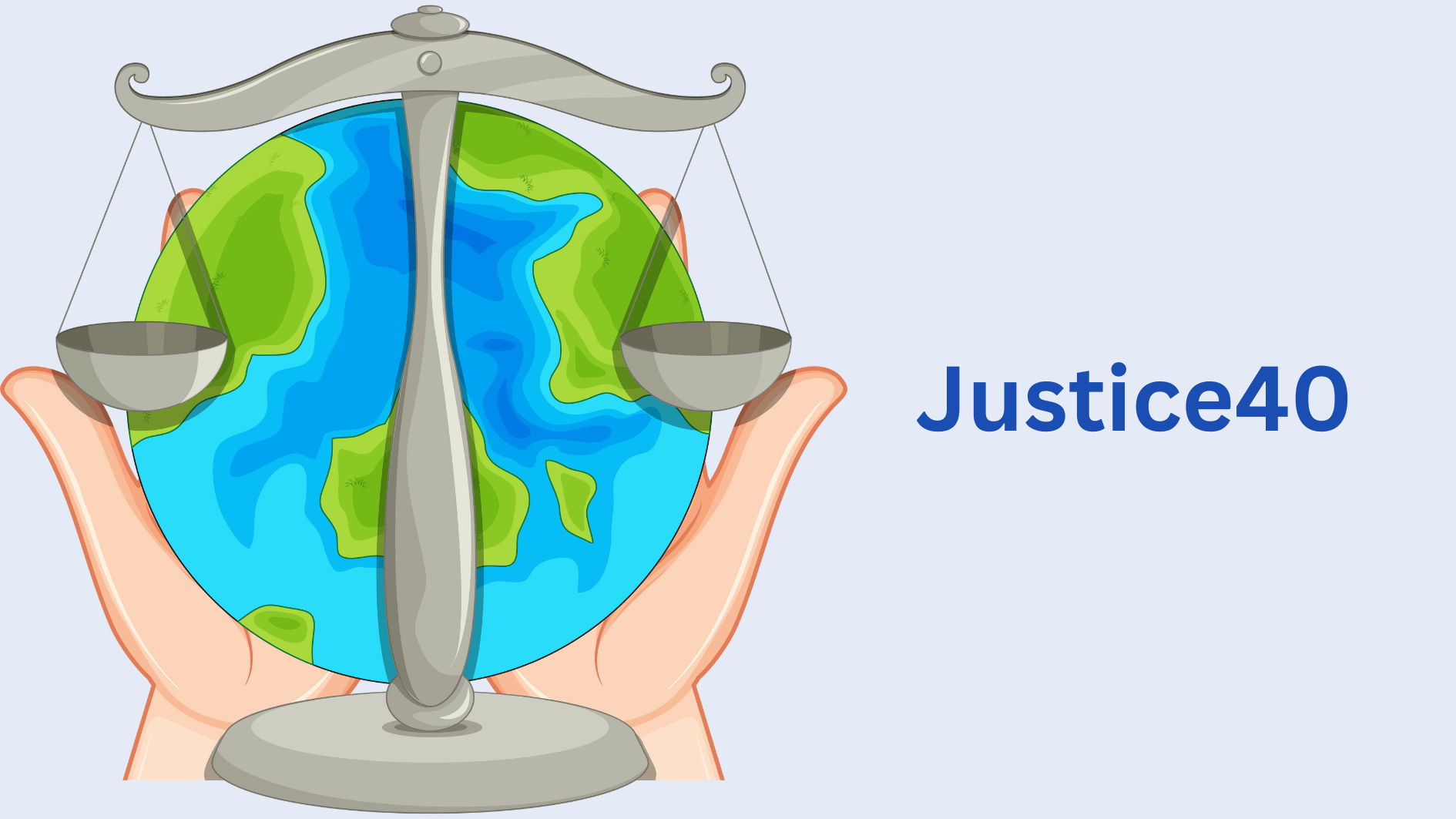Image source: Canva.com
In today’s dynamic energy landscape, transitioning to renewable sources like solar power is imperative. Yet, for many low-income families, upfront costs have been a barrier. The good news? Innovative financing options are breaking down these barriers.
Solar Leasing: Power Without the Price Tag
Imagine accessing solar energy benefits without the hefty upfront costs. Solar leasing makes it possible. Families can lease solar panels, paying a fixed monthly fee. No need to worry about upfront expenses. With predictable payments, households can embrace solar energy while staying financially secure.
More about solar leasing here.
Power Purchase Agreements (PPAs): Affordable Solar Electricity
Similar to solar leasing, power purchase agreements (PPAs) offer low-income families the opportunity to access solar power at affordable rates. With a PPA, families purchase electricity generated by solar panels installed on their property at a predetermined rate, typically lower than utility rates. This arrangement allows households to enjoy the benefits of solar energy without the hassle of owning and maintaining solar panels.
On-Bill Financing: Managing Upfront Costs Through Utility Bills
On-bill financing programs offered by utilities provide low-income customers with a convenient way to finance energy efficiency upgrades or solar installations. Repayment is made over time through incremental additions to the utility bill, making it easier for households to manage upfront costs. By leveraging on-bill financing, families can take the first step towards a greener and more sustainable future without breaking the bank.
Government Incentives and Rebates: Making Solar Energy Affordable
Various government incentives and rebates are available to help offset the cost of solar installations and energy efficiency upgrades for low-income families. From federal tax credits to state and local rebates, these incentives make solar energy more accessible and affordable. Grants and low-interest loans further support families in their journey towards energy independence and sustainability.
Community Development Financial Institutions (CDFIs): Tailored Financing Solutions
Community development financial institutions (CDFIs) play a crucial role in providing financing options specifically tailored for low-income individuals and communities. These organizations offer affordable loans, microloans, and other financial products to support energy efficiency projects and renewable energy installations. By partnering with CDFIs, families can access the financial support they need to embrace solar energy and energy-efficient technologies.
Community Solar Programs: Sharing the Benefits of Solar Energy
Community solar programs enable low-income families to subscribe to shared solar energy projects located off-site. Participants receive credits on their electricity bills for the energy produced by the solar project, typically at a lower rate than utility rates. This innovative approach to solar energy ensures that all families, regardless of homeownership status, can enjoy the benefits of clean, renewable energy.
Energy Efficiency Loans and PACE Financing: Enhancing Energy Efficiency
In addition to solar financing options, low-income families can access energy efficiency loans with favorable terms and low-interest rates. These loans support energy-saving upgrades such as insulation, HVAC upgrades, and energy-efficient appliances, further reducing energy costs and environmental impact. Property Assessed Clean Energy (PACE) financing programs offer another avenue for financing energy efficiency and renewable energy improvements, with repayment tied to the property rather than the individual borrower.
Unlocking the Potential of a Greener Future
The emergence of these remarkable financing options represents a significant step towards making solar energy and energy-efficient technologies accessible to all, regardless of socioeconomic status. By taking advantage of these opportunities, low-income families can unlock the potential of a greener and more sustainable future for themselves and future generations. Together, let’s empower families to embrace solar energy and build a brighter tomorrow for all.





